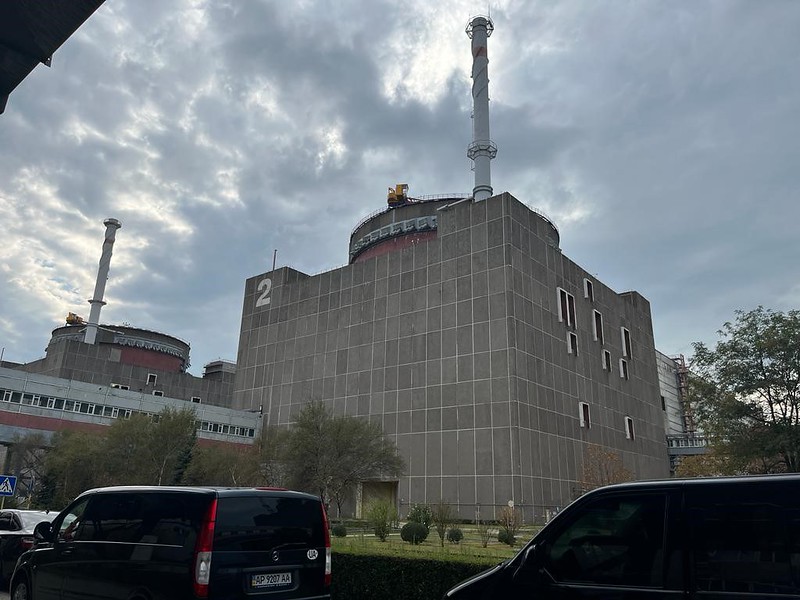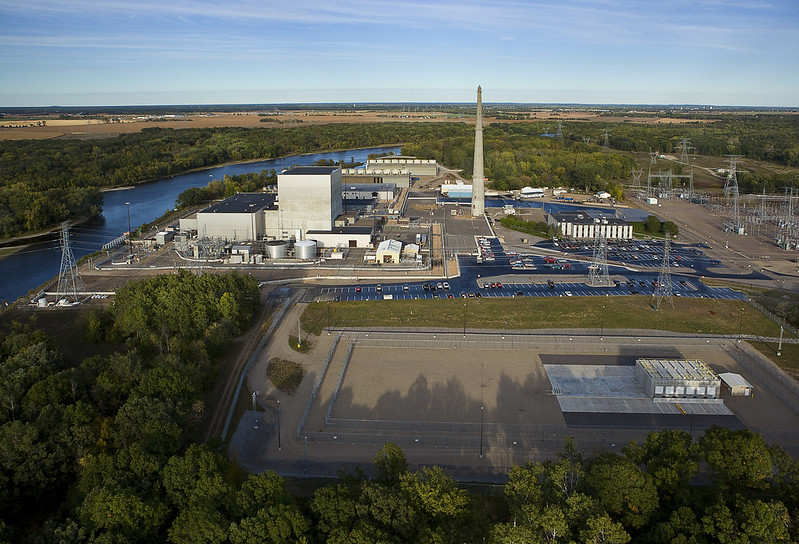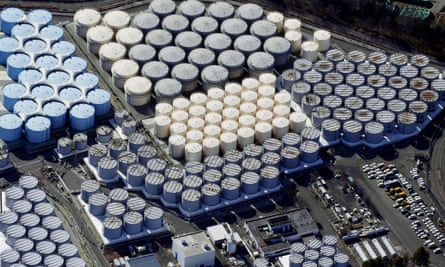Ukrainian nuclear experts say an accident at the Russia-occupied Zaporizhzhia plant would be “almost impossible”
By Kateryna Farbar. Published 6-28-2023 by openDemocracy

An accident at Zaporizhzhia Nuclear Power Plant would be “almost impossible” and any damage would be a deliberate act by Russian forces, Ukrainian nuclear personnel have told openDemocracy.
Russia has occupied the plant, in the city of Enerhodar, since the beginning of the full-scale invasion. Its forces are currently preparing to damage the occupied plant, Ukrainian officials claim, in order to stop Ukraine’s counter-offensive in the country’s southeast.
Continue reading



